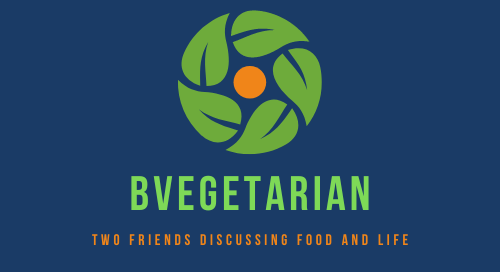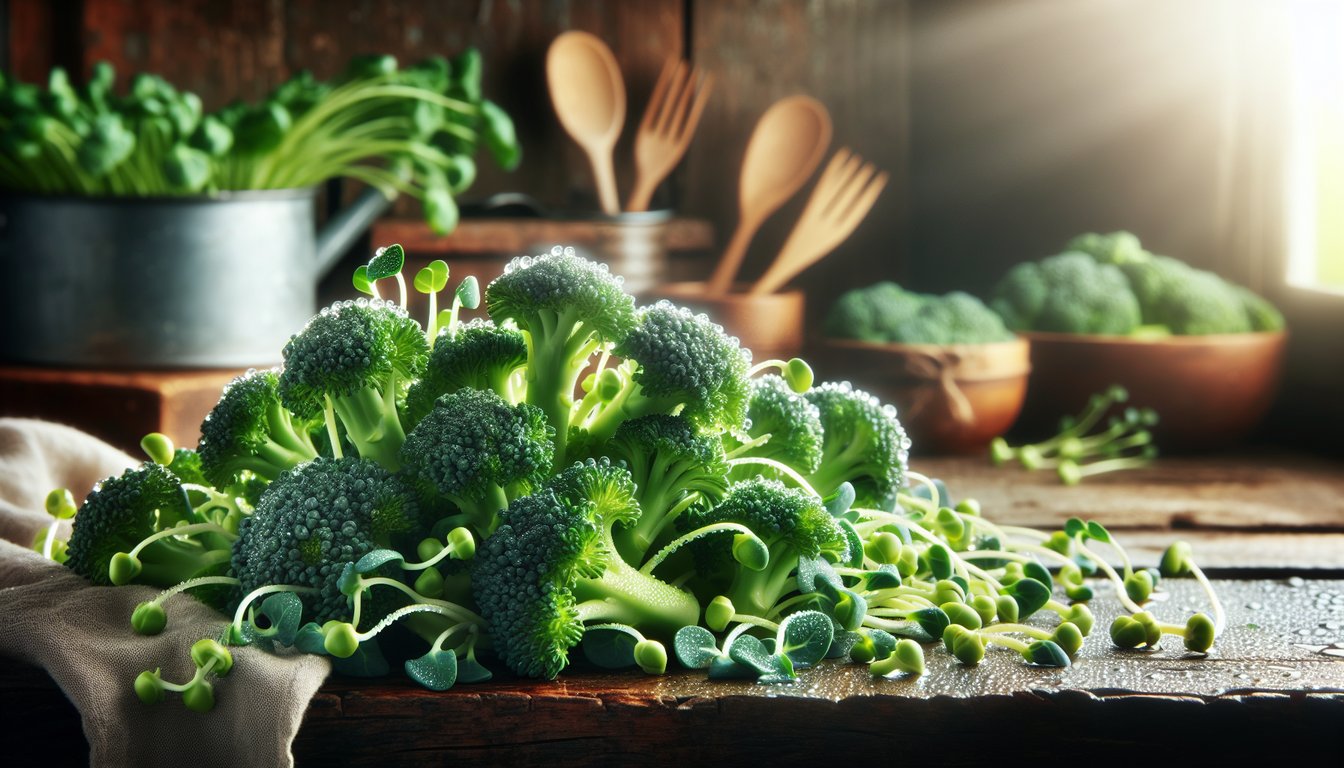We’ve all heard about the health benefits of eating vegetables, but what if I told you that there’s a powerful compound hiding in some of your favorite greens, just waiting to unleash its superhero-like powers in your body? Enter sulforaphane—a naturally occurring compound with a name that sounds like it could be the next Marvel character, but instead, it’s a mighty warrior found in the cruciferous vegetable family.
What is Sulforaphane?
Sulforaphane is a sulfur-rich compound found in cruciferous vegetables like broccoli, Brussels sprouts, cabbage, and kale. It’s one of the most potent activators of the body’s natural detoxification systems and has been studied for its myriad health benefits, from cancer prevention to neuroprotection.
The magic of sulforaphane begins with its precursor, glucoraphanin, which is stored within the plant. When you chew or chop these veggies, glucoraphanin is transformed into sulforaphane through the action of the enzyme myrosinase. This process can be likened to the moment Clark Kent rips off his shirt to reveal Superman underneath—sulforaphane springs into action!
The Health Benefits of Sulforaphane
1. Cancer Prevention:
Sulforaphane is often hailed as a potential cancer-fighting compound. Research has shown that it can help protect against various types of cancer, including breast, prostate, lung, and colon cancers. It works by enhancing the body’s detoxification enzymes, which help neutralize carcinogens before they can damage your DNA. Think of sulforaphane as a vigilant security guard, kicking out the bad guys before they can cause harm.
Studies have shown sulforaphane to possess remarkable anti-cancer properties. It’s believed to:
- Inhibit the growth and proliferation of cancer cells.
- Boost cell apoptosis, which is programmed cell death in abnormal cells.
- Block certain enzymes linked to cancer progression.
2. Antioxidant Power:
In the battle against oxidative stress and inflammation, sulforaphane is like a powerful shield. It boosts the production of antioxidant enzymes in your body, such as glutathione, which protect cells from damage. By reducing oxidative stress, sulforaphane may also help lower the risk of chronic diseases like heart disease and diabetes.
One of the most lauded attributes of sulforaphane is its role as a potent antioxidant. By neutralizing harmful free radicals, it helps to mitigate oxidative stress, a key factor in the development of chronic diseases.
3. Brain Health:
Sulforaphane doesn’t just work on your body—it’s also a hero for your brain. Studies suggest that sulforaphane can cross the blood-brain barrier, meaning it can get into your brain and help protect it from damage. It’s been shown to have neuroprotective effects, potentially reducing the risk of neurodegenerative diseases like Alzheimer’s and Parkinson’s. So, while you might not gain superhuman intelligence, your brain cells will be well-guarded.
Research suggests that it may also offer neuroprotective benefits. By reducing inflammation in the brain, it may help protect against various neurological conditions. Notably, a study published in the Molecular Neuropsychiatry journal pointed to its potential in aiding the treatment of diseases like Alzheimer’s and Parkinson’s.
4. Supporting Detoxification:
Every day, we’re exposed to various toxins, from air pollution to chemicals in our food. Sulforaphane helps to ramp up the body’s detoxification processes, ensuring these toxins are more effectively neutralized and eliminated. It’s like having a super-efficient cleanup crew on call, ready to deal with any mess.
5. Anti-Inflammatory Properties:
Chronic inflammation is at the root of many diseases, including arthritis, heart disease, and even depression. Sulforaphane has been shown to reduce inflammation in the body by inhibiting the activity of nuclear factor-kappa B (NF-kB), a protein complex that plays a central role in inflammatory processes. By keeping inflammation in check, sulforaphane helps keep the peace, much like a skilled negotiator.
How to Get More Sulforaphane in Your Diet
Now that you’re sold on sulforaphane’s superpowers, you might be wondering how to get more of it into your diet. The best sources are cruciferous vegetables, especially broccoli sprouts, which can contain up to 100 times more glucoraphanin than mature broccoli. Other great sources include Brussels sprouts, kale, cauliflower, and cabbage.
Tips to maximize sulforaphane content in your meals:
– Lightly Cooked is Best:
Cooking can destroy some of the myrosinase enzyme, which is crucial for converting glucoraphanin to sulforaphane. Lightly steaming your vegetables for 3-4 minutes preserves the enzyme and maximizes sulforaphane production. Avoid boiling, which can significantly reduce sulforaphane levels.
– Chop and Rest:
Before cooking, chop or crush your cruciferous vegetables and let them sit for about 40 minutes. This allows myrosinase to convert glucoraphanin into sulforaphane before heat can destroy the enzyme.
– Sprouts to the Rescue:
Consider adding broccoli sprouts to your salads or sandwiches. These tiny greens are packed with glucoraphanin and require no cooking at all!
– Add Mustard Seed Powder:
If you prefer your veggies well-cooked, you can still boost sulforaphane by sprinkling some mustard seed powder over them. Mustard seeds contain a similar enzyme to myrosinase, helping convert glucoraphanin into sulforaphane even after cooking.
Sulforaphane Supplements: Yay or Nay?
With the buzz around sulforaphane, supplements have hit the market, promising all the benefits of sulforaphane in a pill. While these can be convenient, they may not be as effective as getting sulforaphane from whole foods. The body’s absorption of sulforaphane from supplements can vary, and it’s still unclear whether they deliver the same health benefits as naturally occurring sulforaphane in foods. Plus, eating a diet rich in cruciferous vegetables provides a host of other nutrients that supplements simply can’t match.
Embrace the Power of Sulforaphane
Sulforaphane might not give you the ability to leap tall buildings in a single bound, but its health benefits are truly impressive. By incorporating more cruciferous vegetables into your diet, you’re arming your body with a potent compound that can protect against disease, reduce inflammation, and support overall wellness. So, the next time you’re at the grocery store, channel your inner superhero and load up on those broccoli sprouts—they might just be your secret weapon for better health!


